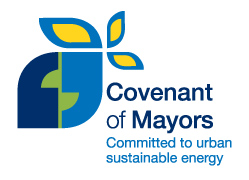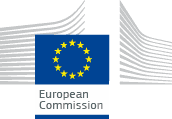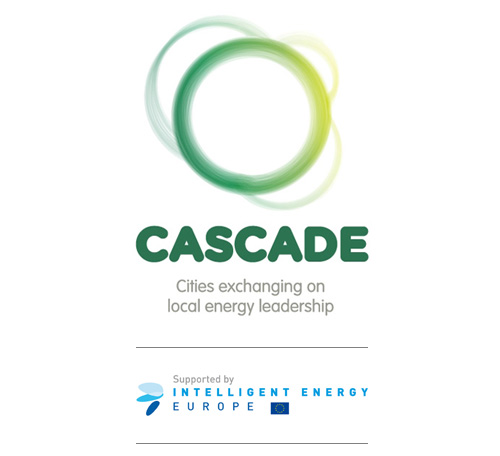 Stratego – Enhanced Heating and Cooling Plans
Stratego – Enhanced Heating and Cooling Plans
The purpose of the EU-funded project “Multi level actions for enhanced Heating and Cooling plans – STRATEGO” is to provide tangible support in developing National Heating and Cooling Plans (NHCPs), assist local authorities in evaluating their Heating and Cooling potential, find their priority area for intervention, and identify concrete projects that should be implemented. To achieve this, the consortium will use the results of the studies Heat Roadmap Europe under which an assessment of the European potential for efficiency in heating and cooling has been carried out together with the mapping of thermal resources and demands. At the EU level, the project will fine tune the results of the Heat Roadmap studies so that they can also facilitate the development of national heating and cooling plans. For this purpose a thermal atlas of the EU28 including demand and supply sources for heating and cooling will be produced.
 EU Covenant of Mayors
EU Covenant of MayorsThe Covenant of Mayors is the mainstream European movement involving local and regional authorities, voluntarily committing to increasing energy efficiency and use of renewable energy sources on their territories. By their committment, signatories aim to meet and exceed the European Union 20% CO2 reduction objective by 2020.
The Smart Cities and Communities stakeholder platform provides an opportunity for city representatives to create an active profile for their city.
The European Innovation Partnership on Smart Cities and Communities (EIP-SCC) brings together cities, industry and citizens to improve urban life through more sustainable integrated solutions. This includes applied innovation, better planning, a more participatory approach, higher energy efficiency, better transport solutions, intelligent use of Information and Communication Technologies (ICT), etc
 European Sustainable Cities Platform
European Sustainable Cities Platform
The Sustainable Cities Platform is a new project born from the Sustainable Cities & Towns Campaign, 1994-2013. As has always been the case, Sustainable Cities is a movement led by members for the benefit of members. The new Platform is designed so that various cities and towns in Europe can continue to share their sustainability information and initiatives.
 Smart Cities
Smart CitiesThe Smart Cities project aims to create an innovation network between governments and academic partners to drive ecellence in development and take up of e-services.
Eurocities is a network of major European cities that offers members a platform for sharing knowledge and ideas. Workgin with the EU Commission, Parliament and Committee of Reggions to ensure its core priority themes of Climate, Inclusion and Recovery are incorporated into the wider policy agenda.
Energy Cities is the European Association of local authorities in energy transition.
The North Sea Region Programme 2007-2013 works with cutting edge policy areas in regional development through transnational projects. A principal aim of the Programme is to expand the scope of territorial cooperation and focus on high quality projects in innovation, the environment, accessibility, and sustainable and competitive communities.
The 2007-2013 Programme connects regions from seven countries around the North Sea, incorporating policy level planning and the long lasting and tangible effects of projects. These are the foundations of the future transnational projects, which will create added value to partner regions and beyond.
 Intelligent Energy Europe (IEE)
Intelligent Energy Europe (IEE)Launched by the European Commission in 2003, IEE offers assistance to organisations looking to improve energy sustainability.
Related to IEE, Sustainable urban Mobility Plans aim to create a more sustainable transport environment, building on existing planning activities.

CASCADE Project
CASCADE is a 3-year project (2011-2014) of networking and mutual learning on local energy leadership. It supports cities in delivering the European Union 2020 targets for energy and climate change.
MUSIC (Mitigation in Urban areas: Solutions for Innovative Cities) is a cooperation project between European cities and research institutes in Northwest Europe. MUSIC aims to reduce CO2 emissions with 50% in the partner cities Aberdeen, Montreuil, Gent, Ludwigsburg and Rotterdam in 2030. Besides these five cities, the research institutes the Dutch Research Institute For Transitions (DRIFT) and Public Research Centre Henri Tudor (Luxembourg) are partners in the project. Experts from these institutes assist the cities in the project implementation.